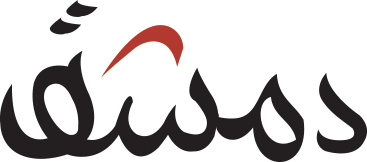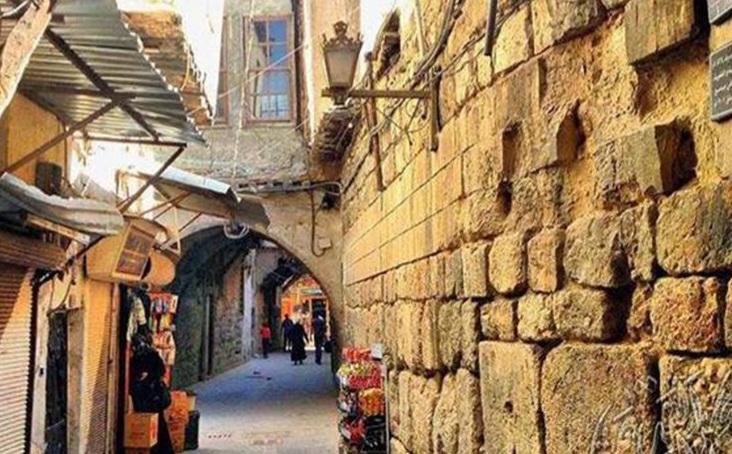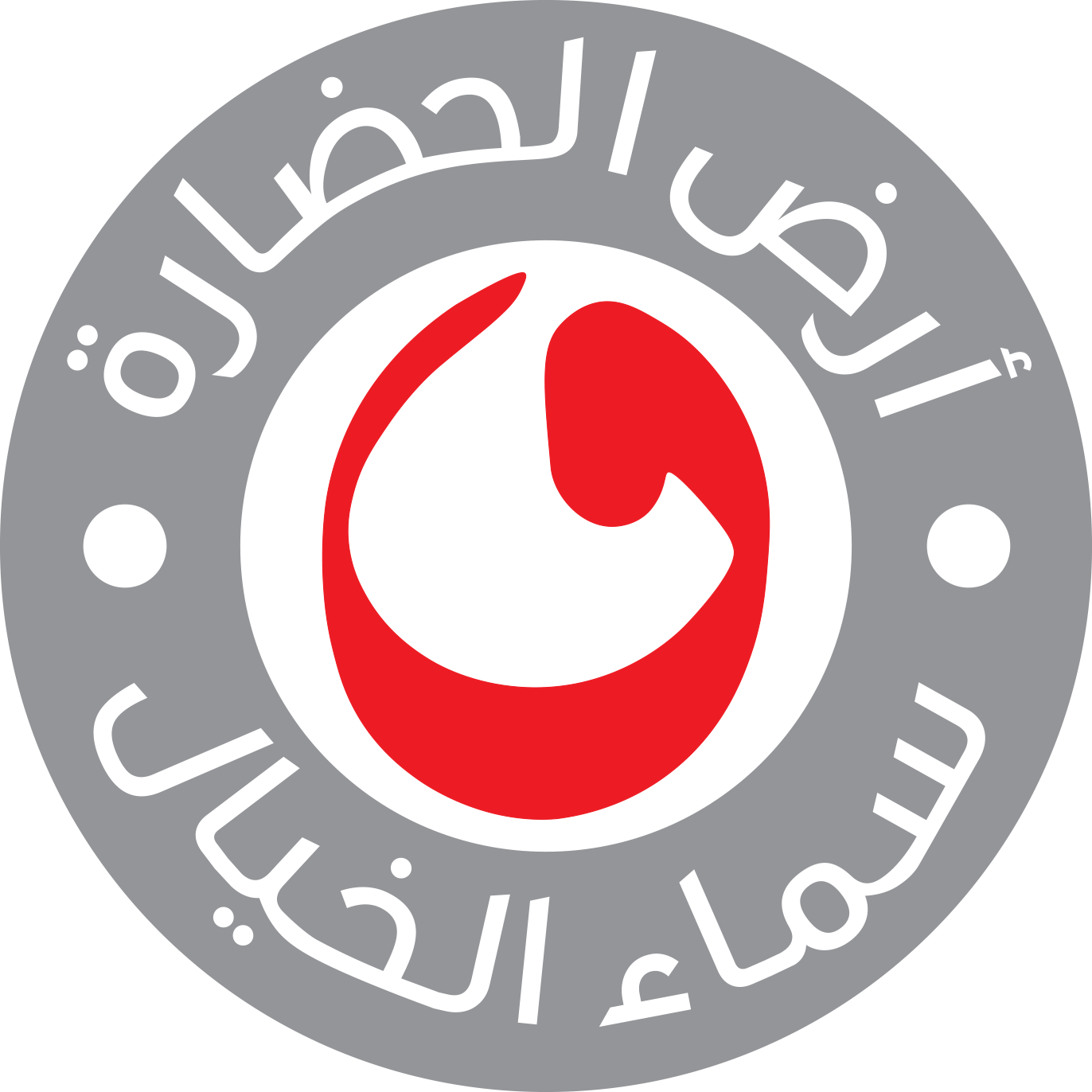Damascus – No. 4-5 – Ahmad Aysawi
When discussing the painful reality of Syria, it is impossible to pinpoint a specific moment when the Palestinian camps distanced themselves from their Syrian present. The space left by Palestinian dreams of reclaiming land and human dignity has willingly aligned with the rising Syrian hopes for a state emerging from the shackles of tyranny towards the desired freedom.
The camps marked their initial presence with the spark of the revolution in Daraa, and Palestinian refugees did not hesitate to aid their Syrian brothers, paying the same price and establishing a shared fate from the beginning. The Daraa experience, in its individual presence, was merely a precursor to stories unfolding in the camps of Latakia, Homs, Khan al-Shih, and Yarmouk.
The regime treated Palestinians as it did other Syrian minorities, presenting them with two choices: either stand with us, or face the same fate as the Syrians demanding freedom. The regime largely ignored that Palestinians did not leave their homeland by choice; for years, camp residents have emphasized that the right of return remains alive through commemorating Land Day and Nakba Day and honoring their martyrs, with Yarmouk camp having the largest share of this legacy.
Day by day, Palestinians felt that what was happening in revolutionary Syria represented nothing more than a narrow lifeline and a flicker of hope in a time when dreams scattered and wishes dwindled. Palestinians constantly asked, “Why does death pursue us wherever we go?” They saw another people forced from their homeland, witnessing gangs killing, slaughtering, and displacing unarmed citizens who raised flowers and olive branches for six consecutive months.
The staged events in revolutionary Syria resonated more with Palestinians than anything they had experienced over six decades, turning the epic written by Syrians into a renewed depiction of the painful reality that has followed Palestinian refugees in every Arab land.
The official Palestinian leadership, with its factions and submissive authority, fell into the Syrian quagmire, leaving a people to suffer without taking a position that would support the camps and shield them from military strikes. The leadership existed in one world, while camp residents lived in another. Camp residents refused to be silent witnesses to the crimes committed against a people with whom they shared both sweet and bitter days, and their rejection stemmed from a pain intertwined with the memories of Safed, Akka, Jaffa, and Galilee.
I clearly remember the day we went out in Lebanon to commemorate the Nakba in 2011, how the Syrian-Palestinian side actively participated, and that the camps provided martyrs during the battles in Quneitra, including a martyr named Inas Sharit. I never imagined that we would hear of Inas’s mother being killed by an airstrike on Yarmouk camp by the Assad regime. I never thought that the right of return would become a demand for camp residents to return first to their camps. The camps did not hesitate to provide aid and support to the Syrian revolutionaries, and Palestinian activists in relief efforts represented the brightest image of the camps’ present, with organizations like “Basmat” providing numerous martyrs. The regime spared no effort to prevent the solidarity of the camps with Syria; it arrested activists (abandoned by their factions) like Salma Abdul Razak, Ali al-Shihabi, Hael Hamid, Muhammad Amayri, and Hussam Maawid, among many others held in regime detention centers.
The martyrs of Yarmouk are remembered for shedding blood and giving it a hue that restored the cause’s lost luster. Ahmad Kousa is remembered as a martyr for both Syrians and Palestinians alike. Anas Amara is noted for being martyred on the soil of Ghouta, the land that embraced fighters after the mandate and hosted Palestinian martyrs who humanely and ethically joined the Syrian revolution.
The camps are the origin of the stories, and from their good, fighting people, we learn how to transform pain into strength, how to shape our future besieged by two memories: one of the neighborhoods of Damascus and its alleys, and the other of the orchards of Carmel, Safed, Akka, and Jaffa.
Ultimately, both memories hold a single key that every refugee keeps until humanity prevails first.











